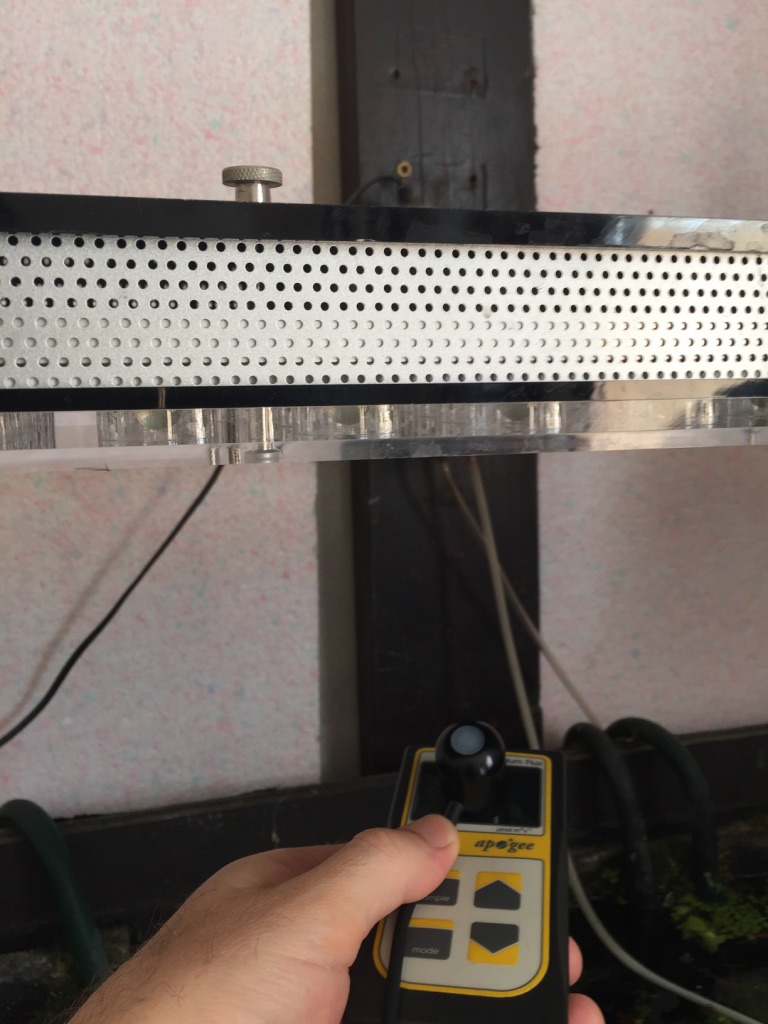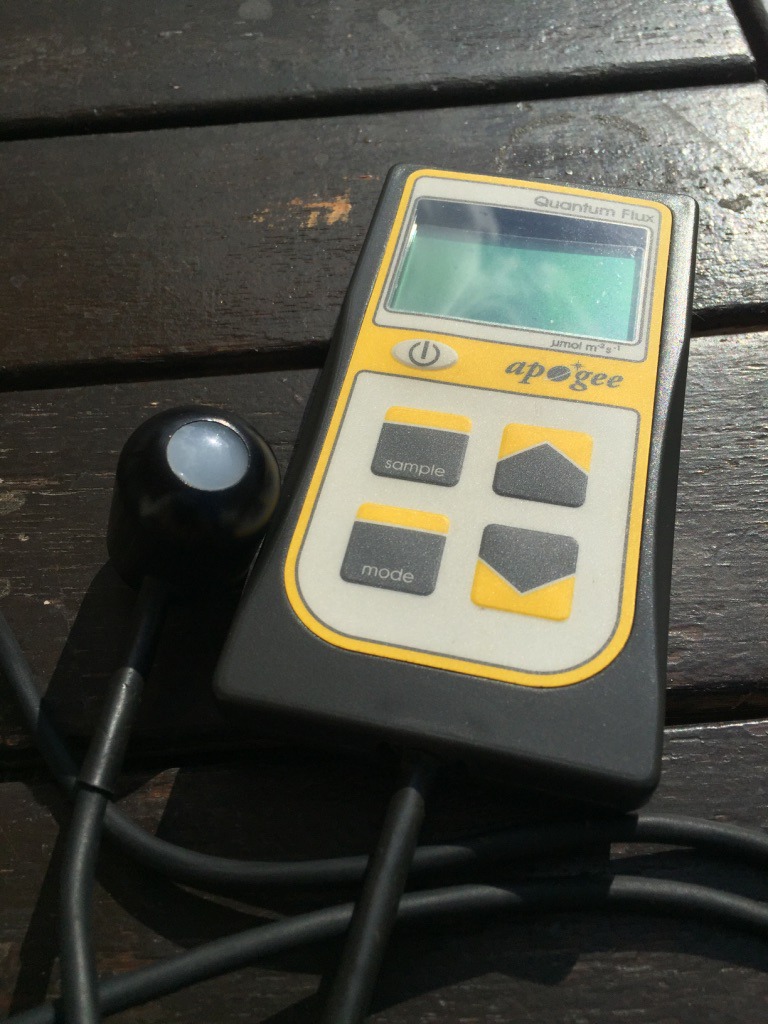Apogee PAR METER/SENSOR Correction For Orphek Atlantik V4 ,Atlantik Compact V4, and Atlantik V3/V3 plus and Atlantik V3 Compact.
Apogee Quantum sensors (often called PAR sensors) are increasingly used to measure photosynthetic photon flux density (PPFD, units of µmol m-2 s -1) in our reef tanks which is important for biological, chemical, and physical processes in our aquariums.
Why is it needed?
Light refraction is different in air than it is in water so a correction factor is required to have reasonably accurate PAR measurements underwater. This applies only to sensors that have been calibrated in air and many aquarium PAR sensors are calibrated this way.
The correction factor is necessary because more radiation is backscattered out of a radiation sensor diffuser in water than in air because the refractive index of water (1.33) is greater than for air (1.00). This is called the immersion effect. Without correction, sensors calibrated in air provide only relative values underwater.
The Apogee full spectrum quantum sensor (model SQ-500) is more spectrally accurate than the original quantum sensor (model SQ-120), but the unique optics mean that it has a larger immersion effect correction factor (1.32) than the original quantum sensor (1.08).
For the popular Apogee APG-MQ-200, the correction factors for the Orphek models below are as follows:
For the Atlantik V3/V3+ and V3 Compact – 1.180
For the Atlantik V4 and V4 Compact – 1.065
As an example, if you have one of the Atlantik V4 models and your Apogee MQ 200 meter is reading 300, you will then multiply this number by 1.065 to obtain the correct reading; 300 x 1.065 = 319.5 which will be the corrected PAR reading.
When measuring PAR underwater and under artificial light, you must use the “light mode” and not “sunlight mode” or the reading you get will not be accurate.
We would like to extend our sincere thanks to Danny Larsen of Apogee instruments for calculating the correction factors for our lights.
For more information on what our high PAR LED fixtures can do for your reef or planted tank, please email to contact@orphek.com

